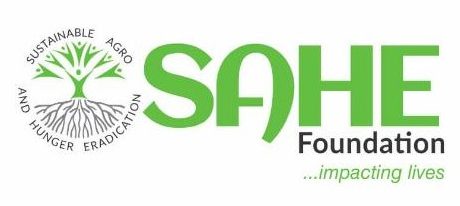SOCIAL NORM MESSAGES AND FOOD WASTE
Globally around 14 percent of the world’s food is lost before even reaching the market. Everyone must do more to reduce food loss and waste or risk an even greater drop in food security and natural resources (FAO).
Social networks have a massive presence of the demographic of people in our society closely involved in food waste. It is just our current reality and the behavior of this online base has significant impact on the fight against food waste because social norm messages circulated on social networks impact consumers’ food waste knowledge, attitudes and behavior.
Messages which include descriptive norms highlight what people are currently doing in relation to food waste at home, messages with injunctive norm focus on what others think is the right thing to do in relation to food waste at home, while a dynamic norm message shows how others are beginning to change their behavior in relation to food waste at home.
Current data on hunger, food and nutrition is far from encouraging. Some 690 million people today are hungry and three billion cannot afford a healthy diet. Hunger has been on the rise for the past five years, and the COVID-19 pandemic is threatening the food and nutrition security of up to an additional 132 million of people. An increase in food loss and waste has been witnessed recently as a result of movement and transport restrictions due to the pandemic. On top of that, we are faced with an ecosystem decline and the consequences of climate change. Unfortunately, in addition to all these, food continues to be lost and wasted in diverse ways which generate eight percent of global greenhouse gas emissions compounding subsisting environmental challenges.
Food loss occurs from farm up to and excluding retail, whilst food waste occurs at retail, food service and household level. Causes range from poor handling, inadequate transport or storage, lack of cold chain capacity, extreme weather conditions to cosmetic standards, and a lack of planning and cooking skills among consumers. These losses and waste must be reduced for greater food security and environmental sustainability.
Since social norm messages have distinct effect on consumers’ attitude towards food waste, the power of social networks can easily be harnessed to drive consumers to explore means of preventing food waste at home. The intentional dissemination of dynamic norms messages on social networks has the potential to encourage users on these platforms to share information on food waste. The use of injunctive norms messages will change people’s views regarding what each of us should do to reduce waste, and descriptive norms messages will increase agreement with the statement that individual actions to reduce waste can make a difference.
Leveraging the growing influence of social networks in reducing food lost or wasted means more food for all, less greenhouse gas emissions, less pressure on the environment, and increased productivity and economic growth.

